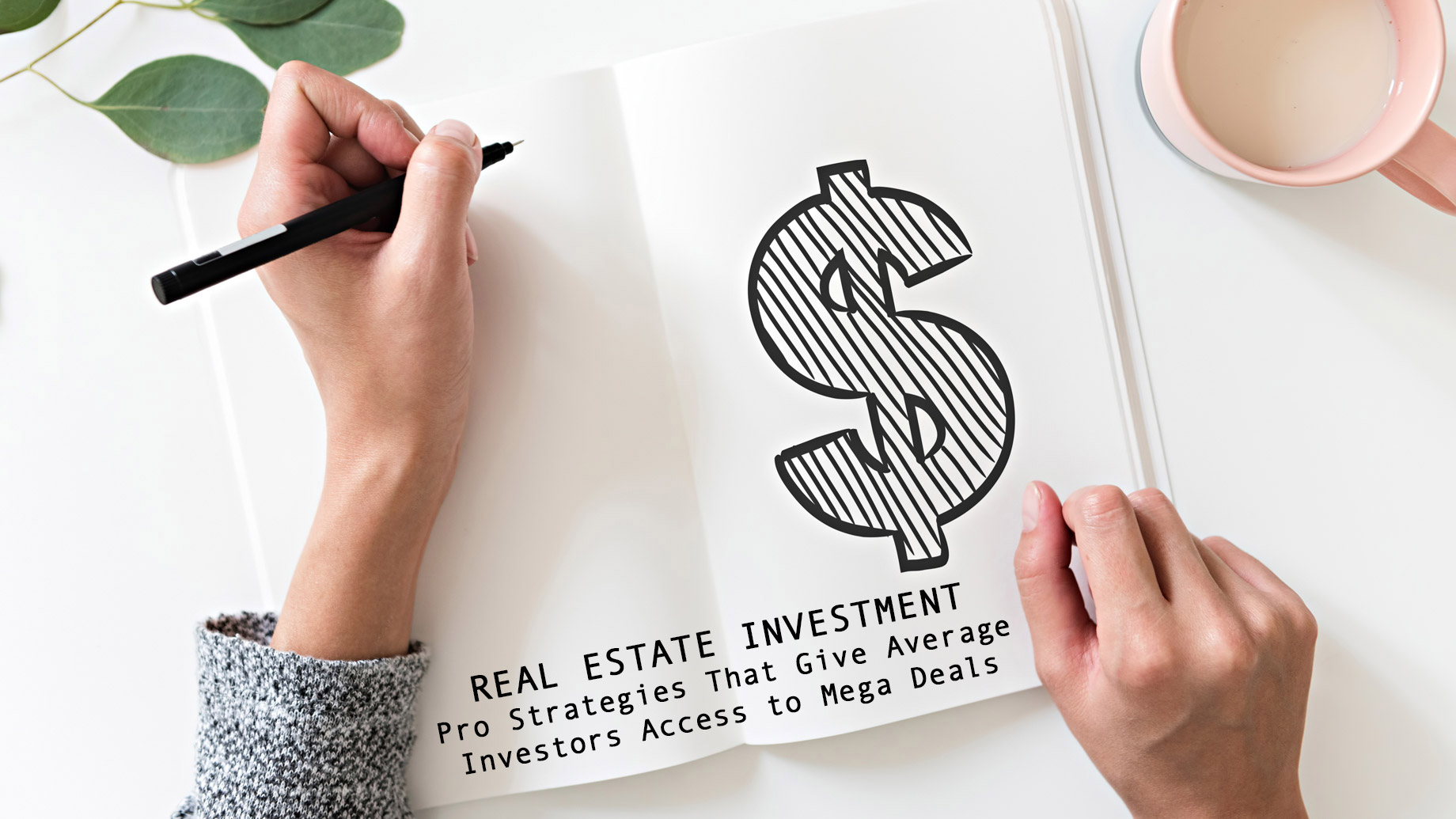
One of the most pro tactics in real estate is the 1031 Exchange also known as the best secret behind how Donald Trump and other developers of real estate pay almost nothing in taxes. But, did you know that there is another, less-known tax loophole that the New York real estate trade publication, Real Estate Weekly, calls the “best-kept secret” in real estate?
Let’s just call it the “1031 on steroids” and is known simply as the 721 Exchange.
Similar to 1031 Exchange, the 721 Exchange lets you defer capital gains tax. However, with the 721, you can exchange your own capital gains to a portfolio versus justa single property. Plus, it also lets you get into REITs.
Understanding 721 Exchange
A less-known law, the 721 Exchange is much like the 1031 Exchange which allows property owners to defer capital gains taxes. As a matter of fact, you can essentially have all the benefits of a 1031 Exchange, however, rather than having a “like-kind” property, you can just take the proceeds and then invest them with funds.
How Does it Work?
So, let’s say that you have a $250,000 to invest. Rather than finding a single property under a strict deadline, you can spread that $250,000 into ten mega funds which give you direct access — and ownership— to huge deals, all the while accumulating 15+ percent annual returns.
In simpler terms, in your portfolio, you can own a 100+ unit apartment complex, a downtown office building, a piece of a high rise and more!
721 VS. 1031: How 721 Can Protect You?
As amazing as the 1031 Exchange is, there are some disadvantages. First, you have a limited time period in order for you to find a new property, leaving you to such a helpless position from a negotiation point of view.
Maybe you do not have a property available which fits your investment strategies which forces you to pay taxes, overpay or buy for a less than a good deal.
Fund Hack: High Returns and Diversification
So, here is where the investment funds can help.
Widely available, most of them are open-ended and you are not under the same pressure in order to find a perfect property.
Previously, private equity funds were, in general, closed to “accredited investors”— subsectors of wealthy investors. In basic terms, it means that you need to make at least $200,000 annually for the past 2 years or have to have a net worth of at least $1 million, without your primary residence.
Real Estate Securities: Crowdfunding and How to Take Advantage
This is off topic to show you how the market works and how the 721 Exchange can help.
Due to the gross limitation, new industries disrupt and emerge. And on the fundraising side, crowdfunding emerged as a primary piece which allows anyone to raise their money. And this piece has also spread to Hamilton Real Estate, thanks to an offering from Fundrise which offered the average investors a piece of the World Trade Center for just $5,000.
But what it really did was to purchase a $5 million worth of bonds which is sold by Larry Silverstein and then resold to smaller, average investors.
Getting into the Deals
Players have made it to the crowdfunding industry such as Crowdstreet and Arborcrowd— marketplaces thatare full of 721 Exchange opportunities.
Rather than just selling shares to an average investor, these actually offer a marketplace for people shopping for seasoned real estate funds, developers and investors.
This is the biggest hack if you are eligible for 721. This is because these are deals with sponsors which offer access to big deals— whether in a portfolio or on a standalone basis.
Usually, a minimum buy-in starts at $1 million and up for established real estate funds. But, with such marketplaces, the minimum buy-it is in a manageable $25,000 – $50,000, plus access to similar deals.
So, Your $250,000 becomes…
Going back to the example you have $250,000 you wish to exchange and invest it tax-free.
Taking note of active offerings, say you spread that investment across ten $25,000 minimum offerings. Your portfolio will now include direct ownership in malls, self-storage, new developments,and hotels.
In doing so, you have achieved the greatest diversification of a billionaire one every level investment strategy, risk level, asset class, market, and just about everything.
You are now that 1 percent. And even though you do not own 100 percent of it, your money will multiply, is locked up and your group can even take your wealth game to the next level!